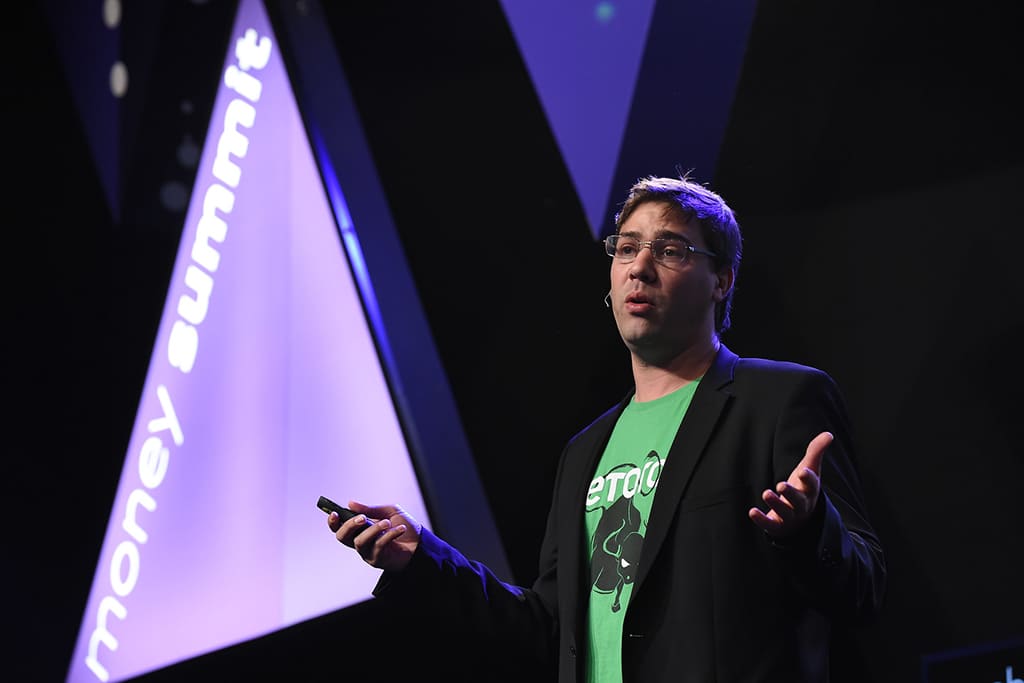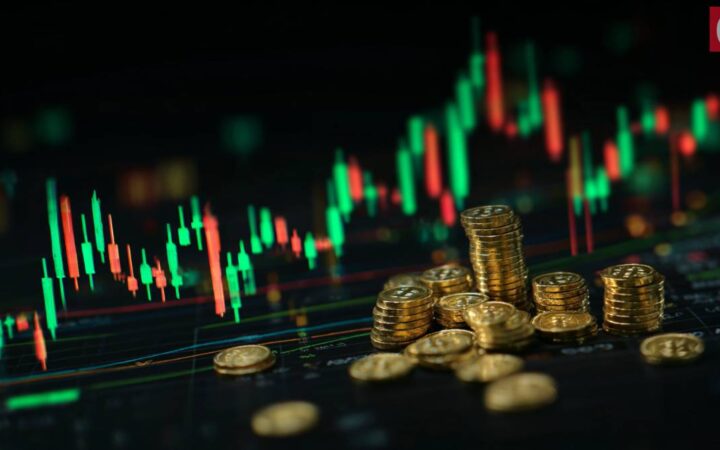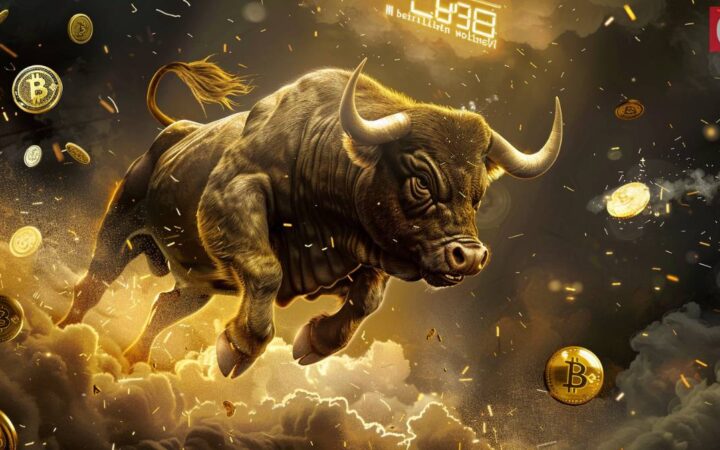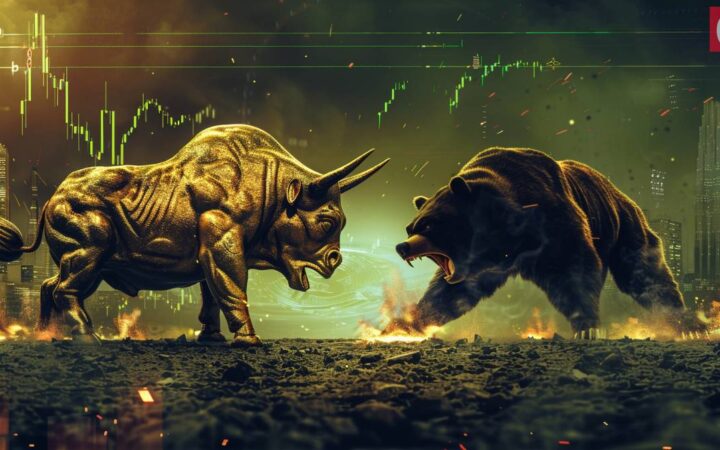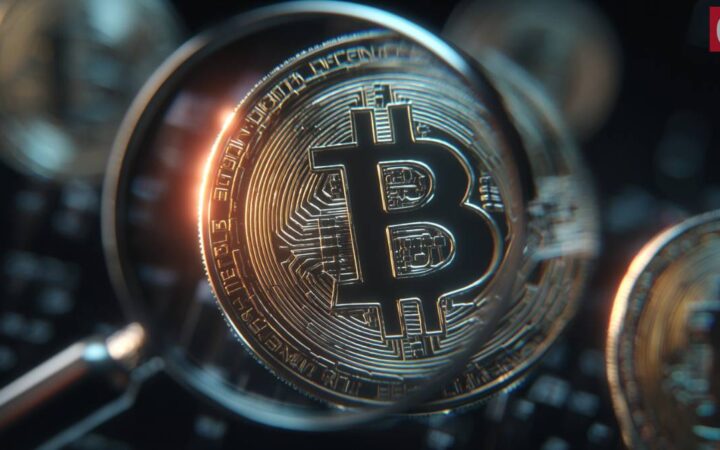
Britain’s protracted and problematic Brexit from the European Union, coupled with China’s falling exports and America’s record trade deficit, has deepened fears of a recession at the start of 2019.
Those looking beyond the doom and gloom believe the case for universal basic income (UBI) is getting stronger by the day – and now technological advancements are making it a viable option, moving it from theory to reality.
UBI is a revolutionary economic concept whereby every individual is granted a fixed, minimum wage to cover basic needs. With the threat of global financial crisis, projects that explore distribution mechanisms to assist the poorest in society are gaining interest and support.
For instance, GoodDollar, a research hub that is experimenting how decentralised cryptocurrencies and blockchain technology may enable models based on UBI with the central aim of reducing global wealth inequality, is generating interest from all over the world.
In mid-January, French crypto-finance website VideoBourse spoke at length with Yoni Assia, eToro Co-Founder and Chief Executive, who launched GoodDollar at Web Summit in Lisbon in November 2018.
“GoodDollar is a non-profit project eToro is supporting,” said Mr Assia in the VideoBourse interview, acknowledging that his multi-asset investment platform has committed an initial $1 million. “The idea behind GoodDollar was that there needs to be a disruption to how money is being distributed and generated.
“One of the biggest issues in the world is a very simple thing: the rich get richer and poor get poorer. That leads to a growing inequality in society, and eventually that leads to very bad things. The way the system works leads to inequality – it’s how money is being distributed, and how money is being generated.”
Mr Assia explained:
“For example, let’s assume interest rate plus inflation is 10 per cent a year. We know that 10 per cent of the global population own 90 per cent of the wealth. So 9 per cent of the 10 per cent generated in interest rates would go to the richest 10 per cent. Meanwhile, the remaining 1 per cent would go to the other 90 per cent of the population.
That’s basically just because of how interest rates and inflation work, and that is because money has never been on the blockchain. If you could create mechanics within cryptocurrency that creates better wealth distribution potentially you could improve significantly inequality. By making the world more equal then more people can participate in the economy.”
Hence the launch of GoodDollar. In the months leading up to the announcement at Web Summit, a growing team of digital pioneers, economists and builders started experimenting and exploring what might be possible in this space, at the intersection between UBI and blockchain. The early momentum has been very encouraging.
In late November, GoodDollar helped establish an OpenUBI ecosystem with a number of other partners. The OpenUBI was launched to foster collaboration and discussion around UBI and its technological implementation. There is an OpenUBI meet-up in Berlin at the end of January, and in February there will be a GoodDollar hackathon event at eToro’s Israel office.
“A lot of our efforts are going into researching how to build GoodDollar in a purely decentralised way,” Mr Assia continued in his VideoBourse interview. “On the one hand we’re trying to build a simple user interface so people can connect to it … on the other hand we want to build something that’s truly decentralised. We understand that for something like this to succeed, it needs to scale on a much wider scale than eToro.”
After a positive first few months, there are many more exciting things to look forward to in 2019 for the GoodDollar project. Mr Assia, who will be speaking at Paris Fintech Forum 2019 later in January, revealed that “we’ll be launching the first GoodDollar experiment within the next six to nine months”.
He added:
“We definitely look at this as something that’s experimental, based on code and a lot of research that we’re doing. We have a few academics on the team, and experts in legal and regulation and economics.
I am a very big believer in a new type of innovative asset – like GoodDollar – that creates a paradigm shift in terms of how we think about money, and how money is being generated.”
As the markets remain volatile and global financial uncertainty looms, projects like GoodDollar could well revolutionise how money is distributed at scale – and sooner rather than later.

